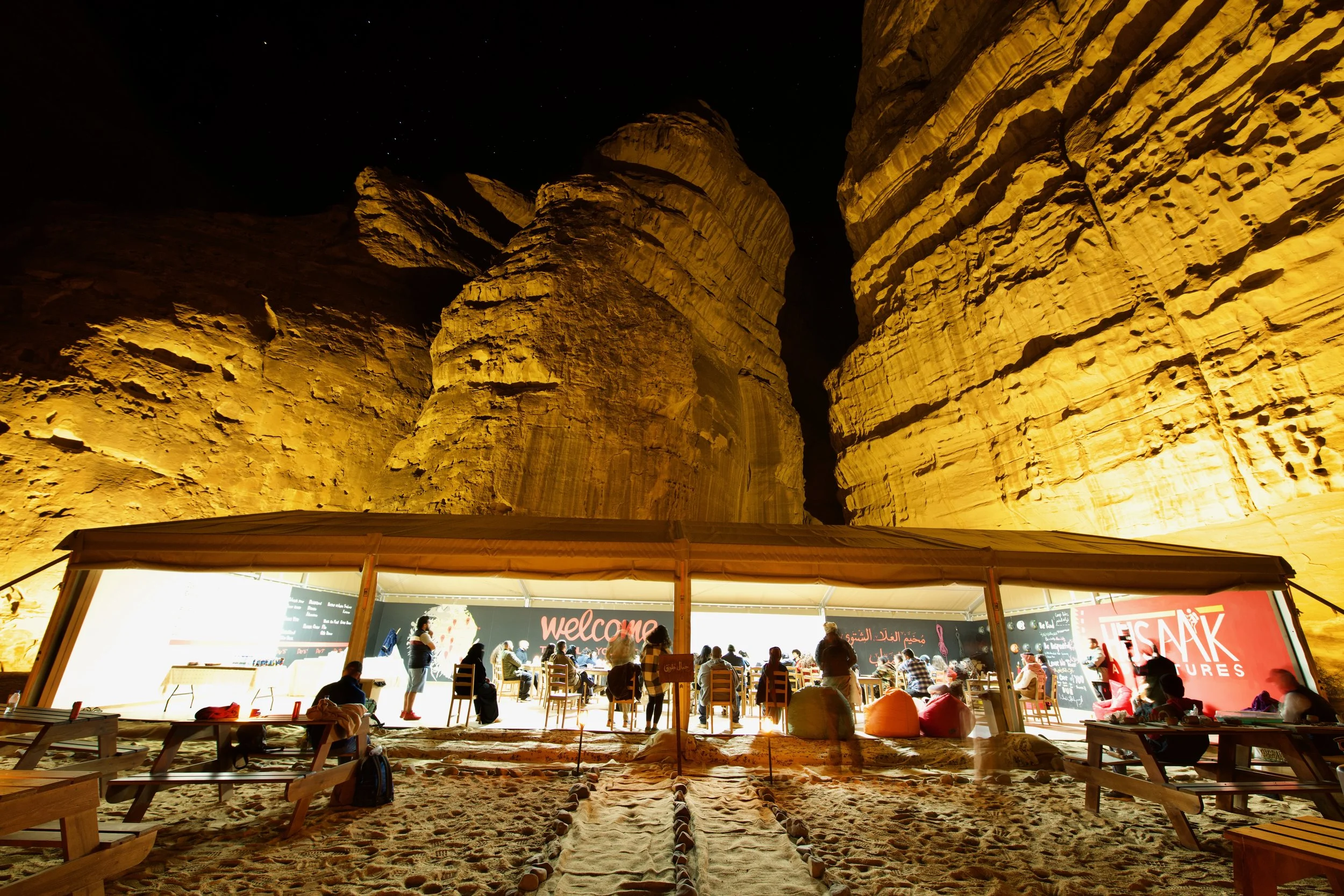The Adventurous Journey is part of the Internationally acclaimed Duke of Edinburgh Award, which has four parts: Voluntary Service, Skills, Physical Recreation and Adventurous Journey. This program encourages a sense of adventure and discovery whilst undertaking a team journey or expedition. As part of a small team, participants plan, train for and undertake a journey with a purpose in an unfamiliar environment.
The journey may be an exploration or an expedition but certainly will be a challenge. In this unique program participants will have the opportunity to learn more about the global environment, team work and health while developing their self-confidence as well as their interpersonal and intrapersonal skills. The program takes participants out of their comfort zone but keeps them within a safe and secure setting, as they work on action plans individually and in groups to achieve achieved set targets.
The Three Types of Adventurous Journeys
Expeditions – a journey with a purpose
Explorations – a purpose with a journey
Adventurous Projects- (Gold Only)
Time requirements
Bronze - two days and one night; average of six hours of purposeful effort per day; minimum 12 hours of purposeful effort in total
Silver - three days and two nights; average of seven hours of purposeful effort per day; minimum 21 hours of purposeful effort in total
Gold - four days and three nights; average of eight hours of purposeful effort per day; minimum 32 hours of purposeful effort in total
Examples of Adventurous Journeys:
Exploring the natural world: erosion, geology, coastal studies
Exploring river valleys, plant studies, exploring human impact: visitor pressure in national parks, pollution
Completing a demanding journey by foot, cycle, canoe or kayak
We have the knowledge, training, tools and expertise to deliver all levels of the program depending on your needs. We can also come to your school prior to the expedition, to teach various skills such as navigation, nutrition, first aid, kit etc.
For schools who wish to keep the level of adventure low with the same educational outcomes, we can create bespoke programs that will test student’s independence and resilience by having them look after themselves away from home and engage in unique activities that will test their levels of interpersonal and intrapersonal skills. An example of such a program is wild-camping trips where students are responsible for helping to prepare meals, as well as participating in activities.

